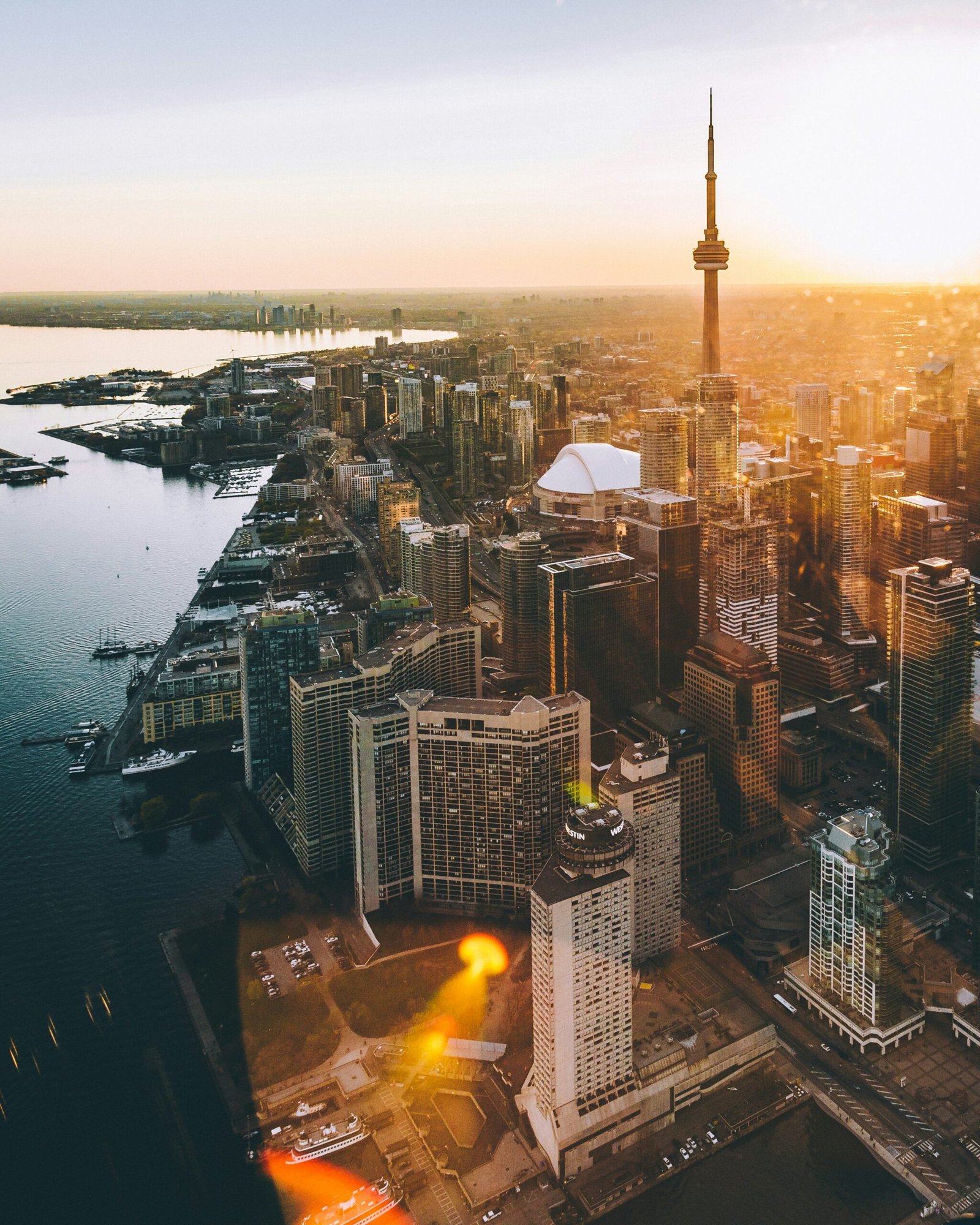The Founding of Canada
Canada, the second largest country in the world, has a rich and fascinating history that dates back thousands of years. From the indigenous peoples who first inhabited the land to the European explorers who arrived in the 15th century, Canada’s history is a tapestry of diverse cultures and events.
Indigenous Peoples and Early Explorers
Before the arrival of European settlers, Canada was home to various indigenous peoples, including the Inuit, First Nations, and Métis. These communities had their own unique cultures, languages, and ways of life, and their presence shaped the land we now call Canada.
In the late 15th century, European explorers, such as John Cabot and Jacques Cartier, began to venture to the shores of present-day Canada. These explorers were in search of new trade routes and resources, and their voyages marked the beginning of European presence in the region.
The French and British Influence
In the 16th century, France established its first permanent settlement in Canada, known as “New France.” The French established fur trading posts and developed a close relationship with the indigenous peoples. They also brought with them their language, culture, and Catholic religion.
However, in the 18th century, the British began to assert their control over Canada. Through a series of wars, known as the French and Indian Wars, the British eventually gained control of most of Canada. The Treaty of Paris in 1763 officially transferred New France to British control.
Confederation and Modern Canada
In the 19th century, Canada went through a period of significant change and transformation. The provinces of Canada, including Ontario, Quebec, New Brunswick, and Nova Scotia, came together to form a confederation in 1867. This confederation established a federal system of government and laid the foundation for the Canada we know today.
Over the years, Canada continued to grow and expand. The completion of the Canadian Pacific Railway in 1885 connected the country from coast to coast, opening up new opportunities for trade and settlement. Immigrants from around the world flocked to Canada, contributing to its cultural diversity.
Modern Canada and Beyond
In the 20th century, Canada played a significant role in both World Wars and emerged as a respected member of the international community. The country experienced social and political changes, such as the introduction of universal healthcare and the recognition of indigenous rights.
Today, Canada is known for its natural beauty, multiculturalism, and commitment to social justice. It is a country that embraces diversity and celebrates its rich history and heritage.
As you explore Canada’s history, you will discover a land of diverse cultures, significant events, and remarkable individuals who have shaped the country into what it is today. Whether you are a visitor or a resident, understanding Canada’s history adds depth and meaning to your experience.
